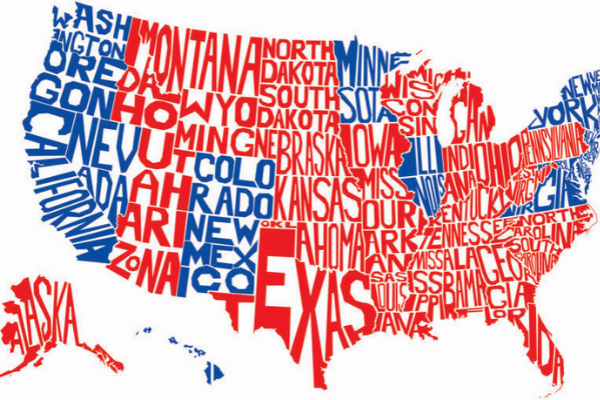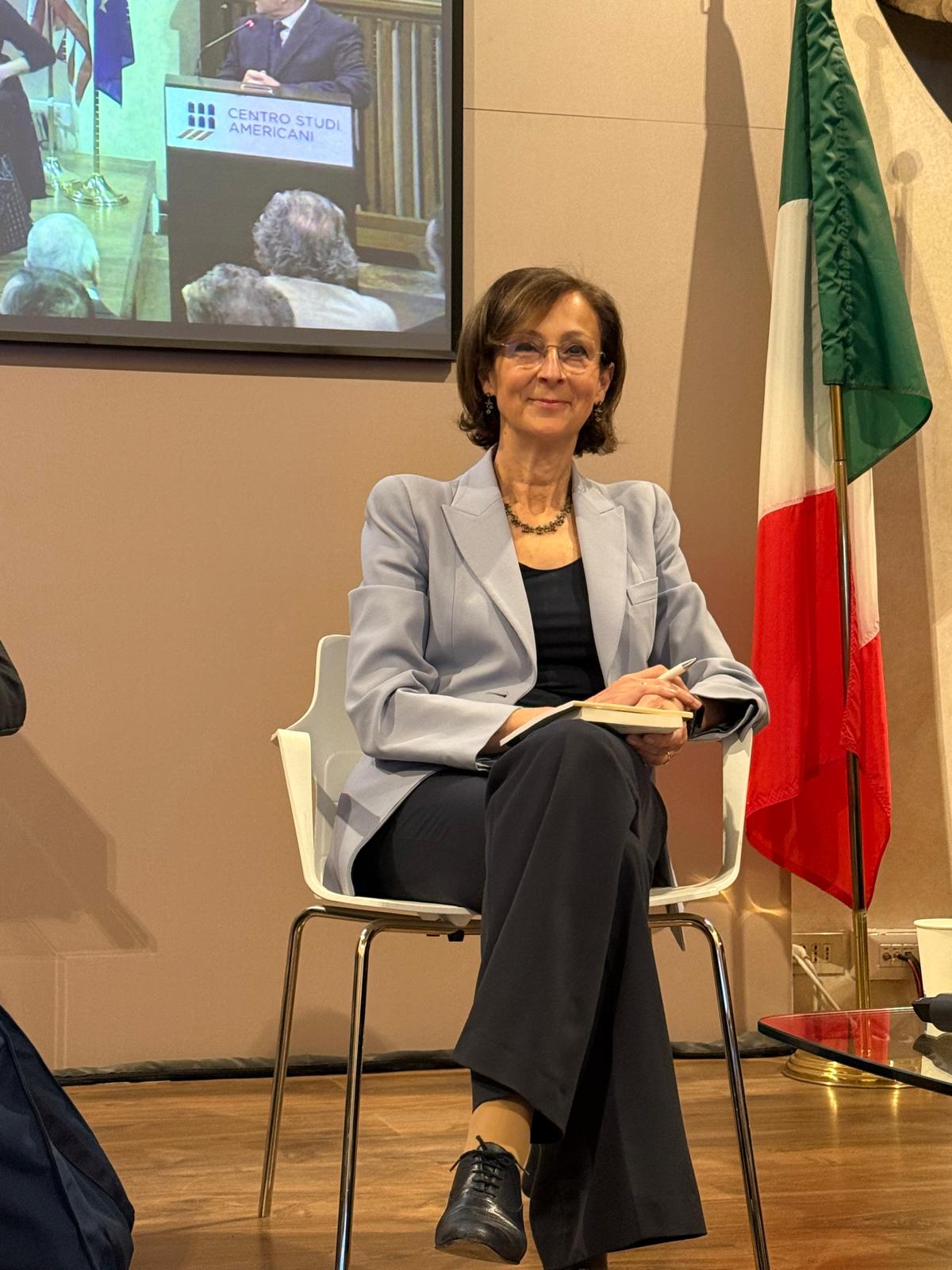Waiting for #SuperTuesday2020

If you ask any politician running for president, they will agree that Super Tuesday is the most important Tuesday of the presidential primaries in the United States. Super Tuesday is the one day during the primary elections when a majority of states hold their elections or caucuses. Each year the number of states that vote on Super Tuesday fluctuates, but usually between 12 to 24 states cast their ballots on this day. Since so many states vote on this day, more delegates can be won on Super Tuesday than on any other day during the presidential nominating process. After all of the states have casted their ballots on Super Tuesday, the respective parties have an idea of who will be the top candidates for their presidential nomination. Usually, there are one to two candidates that stand out as the front runners for the primary nomination after this day. By narrowing it down to the top few candidates, Super Tuesday notoriously leads to candidates dropping out of the race if they receive a small percentage of the votes. Super Tuesday is extremely important to the primary process because it gives an immediate sense of the success of candidates’ campaigns and helps illustrate which candidate is most likely to become the presidential nominee for their party.
The primary election process is particularly interesting to watch because each state in the United States has a different political leaning due to the location of the state, the occupations of the voters and the voting history of the state. Also, some states are bigger than others which gives them more delegates during the primary election process. Thus, states with more delegates have more sway in primary elections and on Super Tuesday. One of the biggest states that votes on Super Tuesday is Texas who usually has a large number of delegates that help determine the results of the Republican Party nomination for president. The primary election results in Texas on Super Tuesday are closely watched and used by party politicians to help sway votes for particular candidates in states that vote later on in the election process.
The first Super Tuesday occurred in 1988 when the Democratic National Committee was attempting to concentrate several southern primaries on the same day to increase the significance of these states votes in the primary process. Prior to this, several southern states had lost their role in helping to decide a nomination for the Democratic Party, so they worked with the Democratic National Committee to reassert their importance in the primary voting process by moving their elections to earlier in the month. Another motive behind Super Tuesday was to create a way for candidates to nationalize their messages and focus on issues that were important to the whole country and not just to individual states. Super Tuesday was intended to bring out the wholesale politics in candidates’ messages to discuss issues like war and economics that affect everyone in the United States. Therefore, Super Tuesday created a challenge for candidates to run a national campaign and not just focus on specific states.
Today with the presence of technology and multiple campaigning events, Super Tuesday does not hold the same importance of nationalizing candidates’ messages. Instead, Super Tuesday is used as a strong indicator for which candidate will win the primary nomination for each party and where candidates should take their campaigns next. Even though Super Tuesday can be used as a strong indicator for the party nomination, this is not a sure-fire method, because there can still be close races and ties for votes. This was seen in the past Super Tuesday election in 2016, when Clinton and Sanders tied on the number of states they won for the democratic nomination on Super Tuesday. In general, Super Tuesday is a pretty strong indicator of who the top runner will be, but sometimes multiple candidates tie for votes leading to a more difficult presidential nomination process.
This year Super Tuesday is particularly important for the democratic party because there is a record-breaking number of candidates that are running for the democratic nomination. There are currently 11 candidates running for the democratic nomination which is the greatest number of candidates that have ran for president since 1972. This large number of candidates makes voting in the primaries difficult, but slowly over the past few months candidates have started to drop out of the race. After Super Tuesday’s votes come in on March 3rd this year, there will be a general consensus on the top few candidates out of the eleven that have a chance of winning the presidential nomination. The results of this Super Tuesday will cause candidates to drop out of the race, thus simplifying the primary election process and making it easier for voters to decide which candidate to vote for.
Super Tuesday can also be used by political parties to see how their candidates compare to those of the rival party. Political parties can use the voting totals for candidates in both parties to see which of their candidates beat the other parties’ candidate in each state. By analyzing candidates’ chances of beating the other parties’ candidates, political parties can then give more assistance to potentially better candidates to help them win more votes throughout the primary election to swing the party nomination in their favor. The information gathered from Super Tuesday helps the party decide on which candidate would be the most competitive in the presidential election and the odds of each candidate winning the presidency, thus providing extremely crucial information to the presidential nomination process for each party.
Since Super Tuesday usually determines a party’s nomination early in the presidential race, it leaves other states that vote later in the primaries feeling as if they do not have as much of a say in the presidential nomination process. The delegates from states with later primaries are viewed as less important during the primaries because of Super Tuesday’s considerable influence. From my perspective as a young American, the early influence of presidential nominations from Super Tuesday discourages the younger generation from voting in states that vote later because it seems as if the primary election has already been decided by the time we vote. If all primary elections were moved to the same day, I think younger Americans would have a better turnout to vote in the primaries. This would give a more accurate view of voting totals for each candidate and a better indication of who could win the presidential election altogether. Super Tuesday, good or bad, is extremely crucial in determining the outcome of the presidential nomination process and is a beneficial way for political parties to decipher which candidate out of the larger pool is the most electable for the presidential election.
Article by Anna Donaldson


